Diving into content…
> Identity and purpose
Name, age, gender, marital status, address, driving license…
Should I give my Facebook pseudo, my twitter, my personal page? Does my age matter when some 10 years old better master coding and 60 years old are starting companies? In India they have a longstanding specific status for transsexuals and gay weddings are now part of the normal hip. Homes are under study for massive change, should I indicate mine sustainable-proof? Should I write I leave in France, Europe, the world? Driving? My car drives me!
As simple as that, all codes have changed. Should we find a new way of expressing our identity? It is time to use multiples identities and to present the multiples sides of our personas. Mozilla just launched Openbadges to explore this logic.
Moving on to goals and professional wishes now. There are new positions such as “data scientist” or “feel-good manager” that are emerging. The time when adults would ask us what we would like to do when we grow up is long gone. The question has become: what do you want to be today? So, on one hand we see companies’ urge for effectuation in order to guarantee their short-term profitability and this equation will soon be solved by artificial intelligence. On the other hand, we wonder what we humans will do and realize that there is also a personification process going on in job’ descriptions. More and more jobs can be shaped according to how we propose to address the gap or the need we identified. There is more space for creativity, empathy and entrepreneurship. But of course, to be able to deploy our potential and talent as such we need to be trained and capacitated to do so.
> About education
We dearly hope not to have to sit for hours and hours in a classroom listening to a teacher reciting his lesson anymore. Thanks to technology, other learning alternatives are blooming. There is the eLearning gold rush with the moocs (EdX, Coursera, Udacity, FUN,…), there are the more and more numerous conferences and events (TED, the Summit, World Economic Forum, …), there is the peer to peer system spreading thanks to online forums and development of the sharing economy. Information to learn is all there, the focus should be placed on how to search for it, how to bring coherence to it, how to build on and from it. Our resume will not only state what school we attended but should enable us to showcase our learning/teaching potential and how we manage all the tools and methodologies available to expand, transmit and exploit knowledge.
Also, the face of schools is changing quickly. Not only in terms of becoming more immaterial online or in adapting their architecture, but in terms of purpose and usage. Teachers are becoming conductors helping students proceed along the knowledge funnel. And they share this responsibility with many new innovative actors on the educational market. NGOs, alternative private schools, philanthropic programs, museums, laboratories, hackerspaces, fablabs, so many new places where knowledge is being created and transformed. We hope their accessibility will soon increase in order for us all to take advantage of all this suitable opportunities to reveal and boost our potential. Our personal interest, our skills and our educational path will merge and enable us to know ourselves better, to tackle our weaker points and to capitalize on our strengths. We will therefore be more adaptable and we will have many more work-related opportunities. In this process, we will be confronted with many new options and we will for sure need to adjust our orientation and we will most certainly need some appropriate help in doing so.
> About professional experience
The members of the Y generation are meant to change jobs about 14 times in their lives and we see more and more people jumping into entrepreneurship. Working schedules and places are evolving too. Companies are letting their employees work partly from home, innovative actors such as Steelcase are building the co-working spaces of tomorrow, job descriptions are trying to follow the speed of innovation in order to provide organizations with the right skills. In all domains, from medicine to media, from the environment to engineering, from business to social care, from the arts to technology, frontiers are being pushed and with them the need for people to pursue this pioneering effort as well as to develop products and services taking advantage of new discoveries. Our curriculum should therefore take into account all our diverse experiences, starting by mixing our side-activities with the more usual professional ones. We all have to manage complexity, promote our interdisciplinary abilities and our unique faculty to create links between things. We will learn project management skills from a service-learning program; we will expand our adaptability to culturally diverse environments by travelling the world; we will improve of management skills by being a parent; the curriculum of the 21st century should get rid of boxes and compartments as added value will come from the permeability between all our different engagements.
Looks out !
We understand therefore that the content of the 21st century curriculum will be different from what we know. The question now is: what shape will it take? How do you reflect complexity? How do you showcase interdisciplinary and permanently evolving skills and potential?
Inspired by the Design Thinking movement, some talk about Mind Maps, others are thinking about the future of Linkedin and Google groups, perhaps promoting personal branding through self-pages.
When we think about the shape of the cv we also should mention the tools to start building it. Many new personality tests are being implemented such as talenttoday.com. First discover yourself than share it with the world. Our curriculum could be trans-media and include some video, some audio, some imagines, some writing. Our imagination is the limit! The ideal would be for it to become experiential. What would be the ultimate digital me experience?
Let’s stop here for a minute, are companies ready for this? When we think about the future of our curriculum we have to envisage the future of recruitment. Today, the last novelty is for machines to select interesting candidates. So, we would be demonstrating the best of our humanity to confront it to the best of the artificial intelligence? It is clear that organizations are looking for talents, for employees capable of learning fast, adapting smoothly, designing and implementing creatively. Maybe organizations will need to start thinking about the future of recruitment. If machines were the future for recruiting 20st century candidates, what will be the future of recruitment for the ones of the 21st century?
The end or the beginning
We view information as the key to the future. With it nevertheless come many questions about ethics, responsibility and limits, because they always are some. We are in the most rapid, vivid and multiple society that has ever existed. Thinking about the curriculum for the 21st century leads to think about our humanity, our identities, our aspirations, our appreciation, and our purpose. In an age of simplicity but were data is big, how do we express and judge humanity? How do we assemble all our traces offline and online to define ourselves? And more importantly, should we do so?
The ideal curriculum could be fragmented, with some hidden parts even. The ideal curriculum could be Mind Reading and not Ming Mapping. The ideal curriculum lies in our DNA, but with the 3D lent of life upon it. The ideal curriculum is us, but in the future. And let’s not fall into the pit hole of risk management and secured prospective to reassure us all. No, let’s invest in empowerment, in potential development, in innovation tracking, let’s invest in us – but only if we believe.

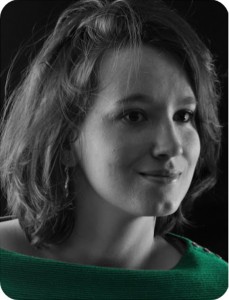


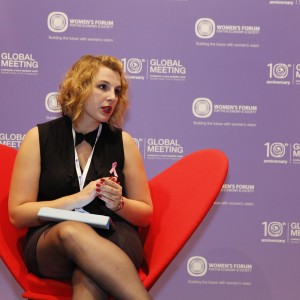
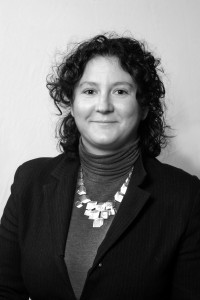
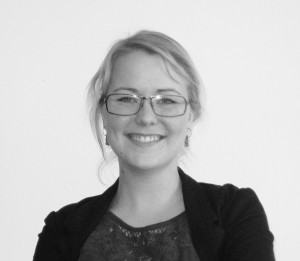
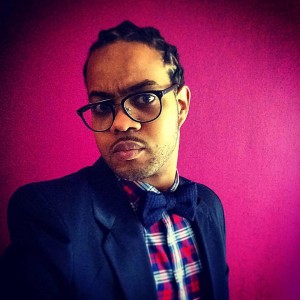
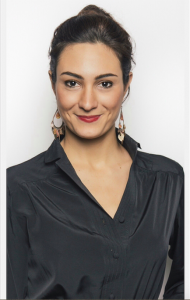
Commentaires récents